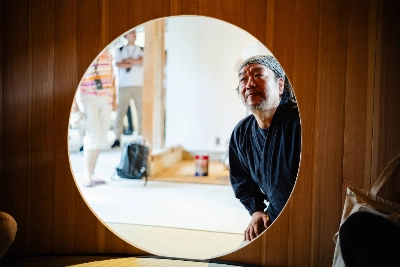On a summer evening in Kyoto, soft light spills across the wooden beams of a restored machiya (traditional Japanese townhouse), where a handful of professionals have gathered over green tea and craft whisky. Their conversation drifts from visa hurdles and branding strategies to the bureaucracy around opening a bank account in Japan.
The crowd is a mix of startup founders, veteran consultants and students testing the waters of entrepreneurship. They’ve gathered under the banner of the Kyoto International Entrepreneur Community (KIEC), a grassroots hub for those trying to build businesses — and lives — in Japan’s ancient capital.
“KIEC is a community of international people who already have or want to build a business in Kyoto, and also for those who want to support them,” explains Hila Yamada, 31, who co-founded the group in 2018. “It’s a kind of platform, an entrance point, for people to gather, exchange ideas and share experiences.”





















With your current subscription plan you can comment on stories. However, before writing your first comment, please create a display name in the Profile section of your subscriber account page.